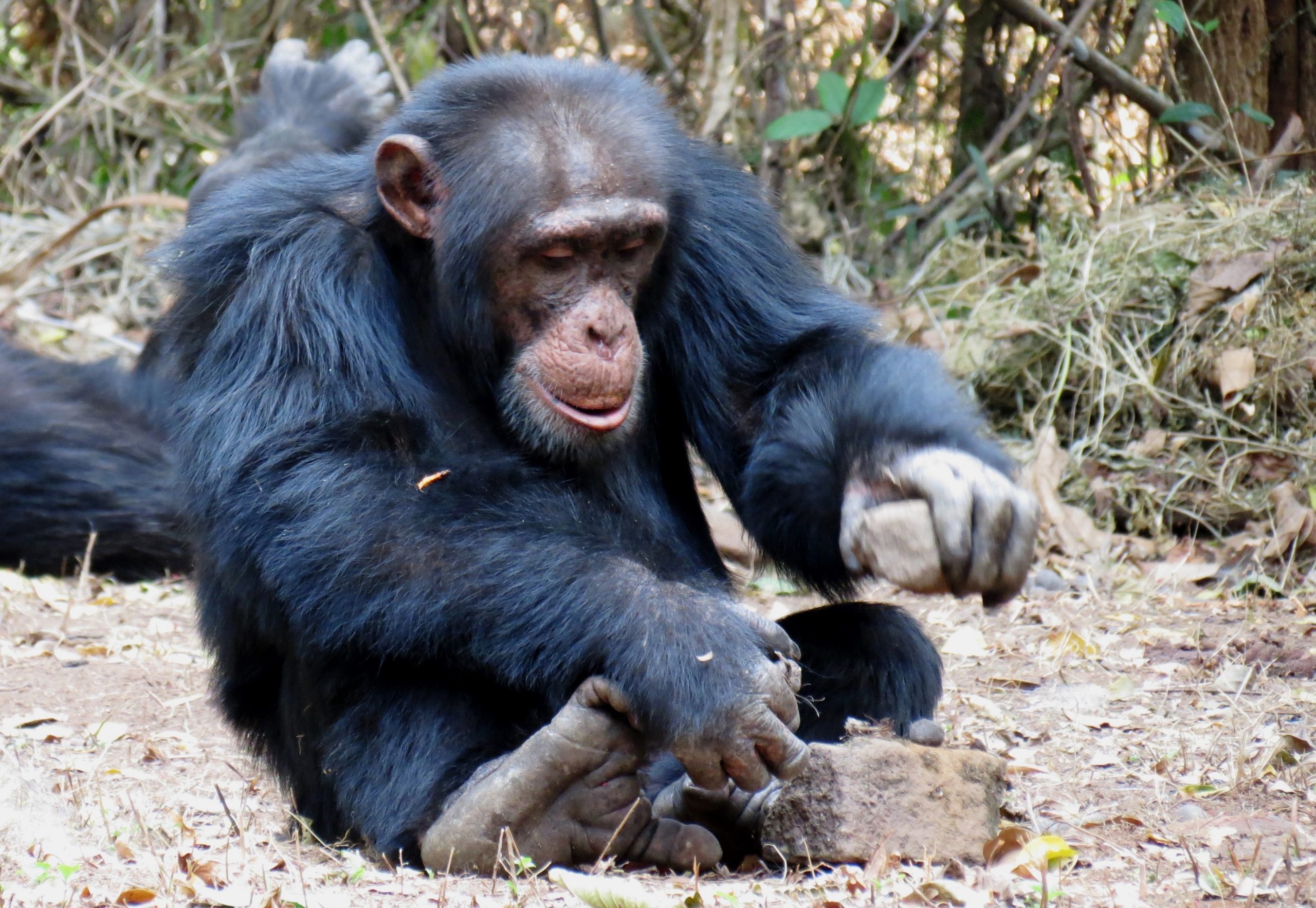
Gates Cambridge Scholar to speak at Hay Festival on her research on bonobos and chimpanzees.
Insights into what drives cultural diversification in our closest living relatives will in turn shed light on how cultural differences emerge and are maintained between adjacent groups in human societies.
Dr Kathelijne Koops
A Gates Cambridge Scholar will be talking about her research on bonobos and chimpanzees at the prestigious Hay Festival next week.
Kathelijne Koops will be speaking at the international literary festival at 2.30pm on 2 June. Her session, Chimps, bonobos, humans, will address what chimpanzees and bonobos can tell us about our extraordinarily complex human cultures, focusing specifically on what drives technology.
Kathelijne, a researcher at the University of Zurich and Harvard University, will investigate this question by studying our closest living relatives, the great apes.
She has published extensively on bonobo and chimpanzee culture and tool use, most recently in PLOS ONE. That study revealed gender bias in chimpanzees which is partly mirrored in human children. Research published last July, in the Nature journal Scientific Reports, provided new evidence of cultural diversification between neighbouring chimpanzee communities.
Kathelijne [2006], who did a PhD in Biological Anthropology supported by a Gates Cambridge Scholarship and was subsequently a Junior Research Fellow at Homerton College, Cambridge, said: "Given the close evolutionary relationship between chimpanzees and humans, insights into what drives cultural diversification in our closest living relatives will in turn shed light on how cultural differences emerge and are maintained between adjacent groups in human societies.”
Photo by Kathelijne Koops












